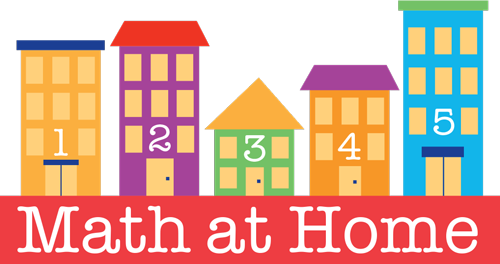This 2-page handout might be interesting to share with parents if you are using authentic assessments in your program. Written in easy-to-understand language, it describes how we use authentic assessments in early childhood programs, why we use them, and how parents can benefit from understanding them. Check it out here.
I know that I have written about my love of Eric Carle in the past but this month’s theme of comparing and contrasting using children’s books reminded me of a wonderful interaction I observed last year while visiting one of my practicum students. The children in her classroom had been studying Eric Carle for a […]
I just received this so I haven’t had a chance to read it but I will. Just in case you are interested…. The 2013 State of States’ Early Childhood Data Systems report, released by the Early Childhood Data Collaborative, is based on a survey of 50 states and the District of Columbia, assessing the coordination […]
In The Art of Awareness: How Observation Can Transform Your Teaching, Deb Curtis and Margie Carter have written a wonderfully insightful and really useful book about the value of observation in the early childhood classroom. Today, I want to focus on the idea that good observation is a practiced skill and good observers know that […]
Over the winter break from my teaching job, I spent quite a bit of time cleaning and organizing our Child Development laboratory. We really dug deep, opening boxes that had never been opened and discovering materials that had never been used. In our excavations, I found a brand new set of Cuisenaire® Rods, complete with […]
10. I love you to the moon and back. 9. You are very much loved. 8. You are unique and special. 7. You make me so happy. 6. Thank you for being you. 5. Our classroom would not be the same without you. 4. When I see you, I smile. 3. You are my sunshine. […]
Just the title makes me want to read…. The Profound Impact of Early Education Read it….
The 3 Pigs and the 3 Bears (as in Goldilocks and the…) are two favorite children’s classics that can also be compared and contrasted with your children. This exercise is very different from comparing and contrasting versions of the same story, since many of the similarities and differences may not be as readily apparent to […]
Several months ago I saw this clip on 60 Minutes… It got me thinking about how much babies already know even thought they can’t necessarily communicate that knowledge to us in ways that we readily understand. This reminds us all that babies are watching us and our every move. They interpret human interactions as positive […]
Last week I wrote about looking for progress when assessing children. That means that rather than looking for endpoints or skill mastery, we look for small changes or progressions in competencies over time. As long as children are moving forward, we generally don’t have too much to worry about. The High Scope Curriculum uses the […]
